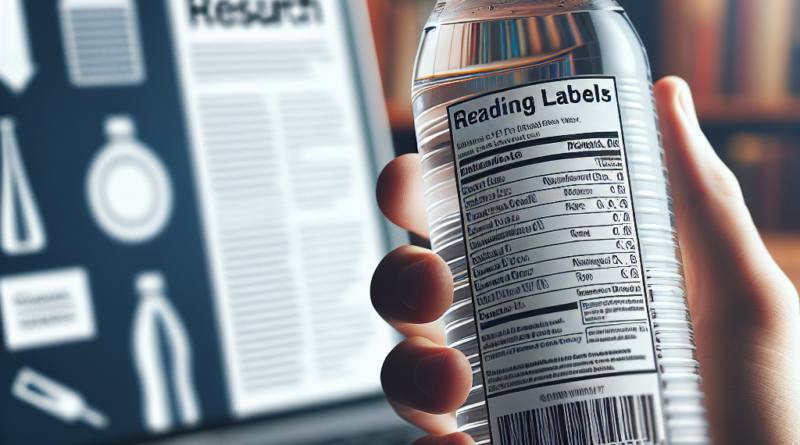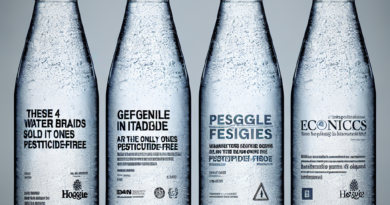Essential Values to Check on Your Water Label
Understanding Bottled Water Labels
When choosing a bottle of water, how often do you take the time to read the label? Many people assume that all bottled waters are the same, but in reality, there are significant distinctions that can directly impact health.
The water label holds essential information that can guide your choice, catering to your specific needs.
Key values such as residual solid content, pH, and mineral presence—like calcium, magnesium, and sodium—can profoundly influence your well-being.
Being informed about these values fosters conscious decision-making, especially if you have particular health conditions or dietary restrictions.
For instance, individuals dealing with hypertension should be cautious of sodium levels, whereas those prone to kidney stones might prefer water with low total dissolved solids and sodium content.
Let’s explore how to effectively read water labels and make informed selections.
How to Read Water Labels: Key Values to Know
Before purchasing a case of water, it is crucial to study the label closely.
While it may seem unnecessary, this step is vital, particularly when those consuming the water have specific health requirements.
The label on mineral water provides fundamental insights that help decipher the water’s characteristics.
Here are the primary parameters to consider:
- Residual Solid Content: This value indicates the amount of minerals left after evaporating a liter of water at 180°C.
A low residual solid level (under 50 mg/L) represents light water, promoting diuresis, while high levels (over 1500 mg/L) signify mineral-rich water, beneficial for therapeutic purposes. - pH: This measures the water’s acidity or alkalinity.
A pH below 7 means the water is acidic, which can aid digestive issues, while a pH above 7 indicates alkaline water that may help combat stomach acidity. - Sodium: A sodium content below 20 mg/L is advisable for those monitoring blood pressure, while higher levels can assist in salt replenishment during physical activities.
- Hardness: This measures the amount of calcium present.
Hard waters, rich in calcium, support bone health but may not be suitable for individuals with kidney stones.
Additional elements to check include calcium and magnesium levels.
Calcium is crucial for bones and teeth, while magnesium supports muscle and nerve functions.
Choosing Water Based on Your Needs
Selecting water isn’t a one-size-fits-all choice; individuals should select the type that aligns with their health conditions.
Here are a few guidelines:
- Water for Athletes: Those regularly engaging in physical activity need to replenish lost minerals.
Moderately mineralized waters, with a residual solid content between 500 and 1500 mg/L, help maintain hydration balance during exercise. - Water for Infants and Children: Young children should drink minimally mineralized waters (under 50 mg/L) that are low in sodium to avoid straining their kidneys, also suitable for preparing powdered milk.
- Water for High Blood Pressure: Individuals with hypertension should choose waters with low sodium levels (<20 mg/L).
This aids in reducing water retention and maintaining optimal blood pressure levels. - Water for Kidney Stone Sufferers: It’s advisable to select minimally mineralized waters (below 50 mg/L) to encourage diuresis and lessen renal stress.
- Water for Pregnancy and Lactation: The increased calcium requirement during these life stages suggests opting for calcium-rich water (>150 mg/L) to support both mother and baby’s nutritional needs.
Choosing the right water means listening to your body.
Each type of water boasts a unique composition, and making the correct choice can enhance your daily health and wellness.




